Utah State University Extension Vegetable Gardening And Lawn Care
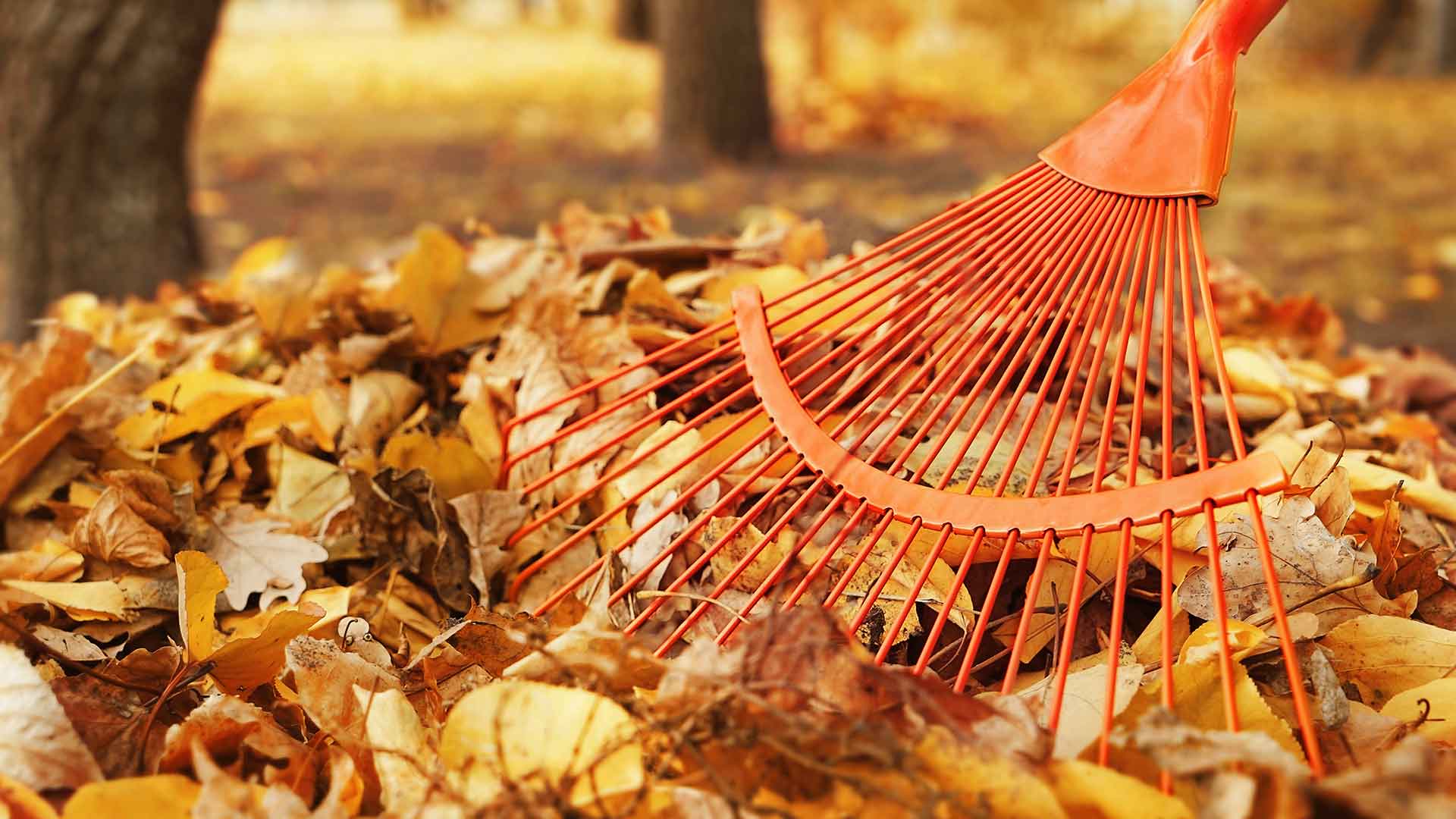

The arrival of cool weather and clear days makes fall a great time to work in your yard.
In this episode, we share tips on fall lawn care, planting shrubs and bulbs, winterizing your lawnmower and sharpening tools.
Dividing and Transplanting Plants
Dividing mature plants, such as hostas, is a great way to add to your garden. Start by digging up a mature plant, then pull or cut the roots apart where the plant naturally divides.
Add some bone meal or phosphorus fertilizer to the holes when replanting the divided plants.
For more information, check out:
- Dividing and Transplanting Perennials
- How to Divide and Propagate Shrubs

Fall Pruning Tips
Pruning causes new growth to form, so it's best to wait until winter or early spring before doing any major pruning of trees or shrubs.
However, fall is a good time to remove any dead limbs from trees and shrubs.
For more information, check out:
- When to Trim Trees and Shrubs
- Basic Shrub Pruning Techniques
- How to Prune Shrubs
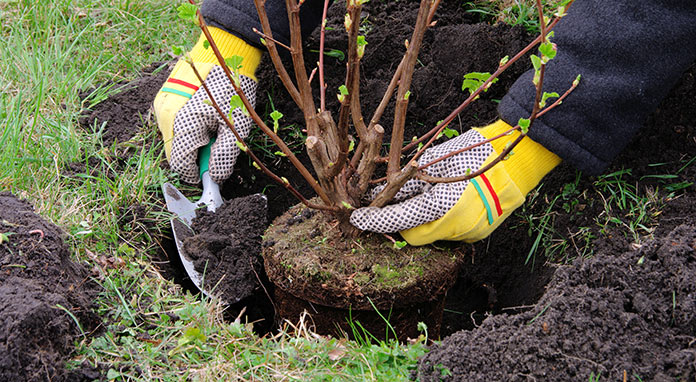
Planting Shrubs
Fall is a good time to plant shrubs since the roots can settle in and become established before going dormant for the winter.
When planting shrubs, dig the hole three times wider than the plant and at least as deep. Build a compacted mound of dirt in the middle of the hole to give the plant a firm foundation while allowing room for the roots to grow.
Place the shrub in the hole even width or slightly above ground level, with the full side facing out. Add a shovel full of soil conditioner to the dirt when filling in the hole.
For more information, check out:
- Planting Trees and Shrubs in Late Fall
- Planting Container Grown Trees and Shrubs
- Planting Balled and Burlapped Trees and Shrubs

Fall Bulb Planting
When planting bulbs, it's important to choose types that grow well in your planting zone. Plant bulbs in an area of the yard that receives the proper amount of sun and at the correct depth for the particular type of bulb.
For more information, check out:
- Bulb Planting Depths
- Guide to Growing Bulbs
- Forcing Bulbs to Bloom Inside in Winter
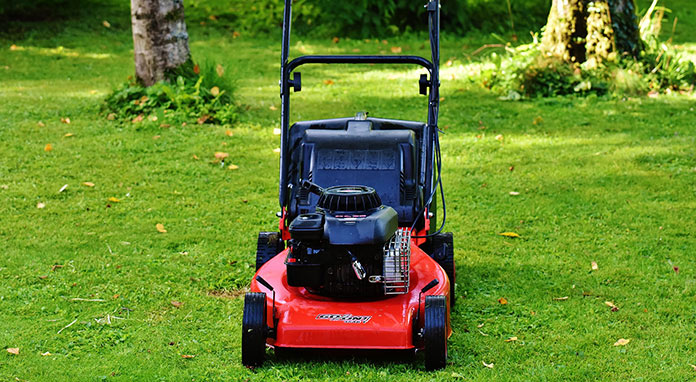
Fall Lawn Care
Whether to fertilize your lawn in the fall depends on your climate and the type of grass in your yard.
Fall is a great time to fertilize cool-season grasses, like fescue and rye, since it's the peak of their growing season. However, warm-season grasses — such as St. Augustine and centipede — shouldn't be fertilized in the fall, since they go dormant in the winter.
Fall is a good time of year to aerate your lawn since you can add lime or compost at the same time to give your grass a head start in spring.
For more information, check out:
- Fall Lawn Care Guide
- How High to Mow Your Lawn in the Fall
- Treating Grass Fungal Diseases
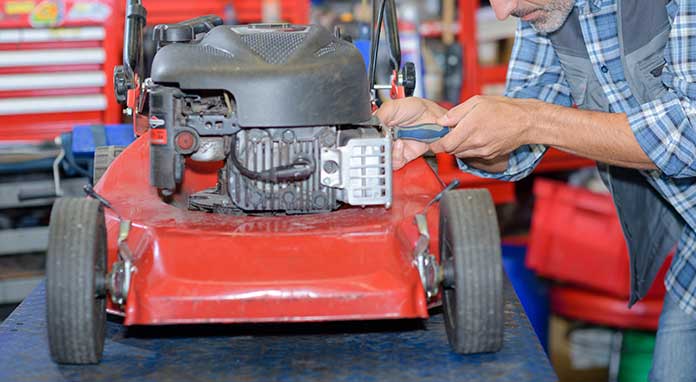
Fall Lawn Mower Maintenance
After cutting your lawn for the last time in the fall, winterize your lawn mower so it will ready for use in the spring.
Start by running the mower until it's out of gas, then remove the spark plug wire for safety reasons. Next, use a stiff brush remove any dirt and dust. Tilt the mower on one side, and hose down the underside of the mower deck to remove any grass or other debris. Take the blade off the mower, sharpen the blade using a file or grinder, and put it back on.
Drain the oil into a container, and dispose of the used oil properly. Refill the mower to the proper level with the correct grade of new oil. Finally, clean or replace the air filter, and clean or replace the spark plug.
For more information, check out:
- Winterize Your Lawn Mower
- Lawn Mower Maintenance
- How to Maintain a Lawn Mower
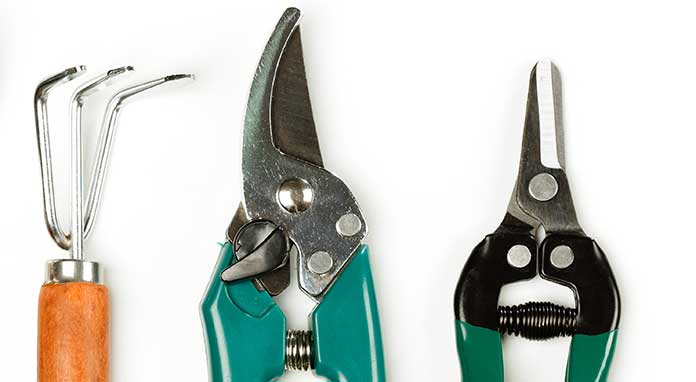
Clean and Sharpen Garden Tools
To revitalize garden tools, use a wire brush and steel wool to remove rust from tools. Sharpen edges or blades with a file, stone or grinder, and apply lubricating oil to any moving parts.
Sand wooden tool handles and apply one or two coats of linseed oil. Use a cloth to wipe a light coat of linseed oil on metal surfaces to prevent rust.
For more information, check out:
- Clean, Sharpen, and Maintain Garden Tools
- How to Sharpen Pruning Tools
Utah State University Extension Vegetable Gardening And Lawn Care
Source: https://todayshomeowner.com/television/fall-around-the-yard/
Posted by: wallaceborceir.blogspot.com

0 Response to "Utah State University Extension Vegetable Gardening And Lawn Care"
Post a Comment